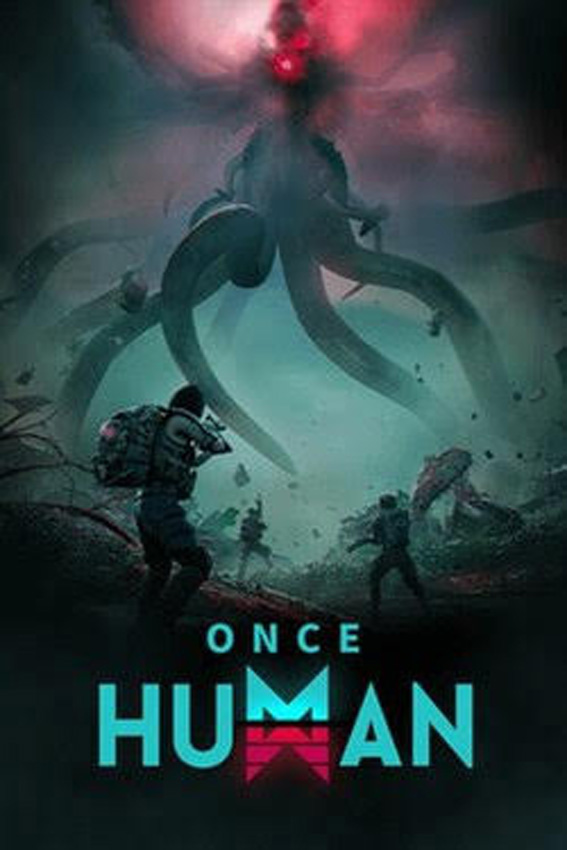I strongly dislike almost any novel set in the Victorian era. Consequently, when I looked at the back of a new fantasy series and saw a reviewer comparing the setting to Victorian England, skepticism was my first response. However, Imager by L. E. Modesitt Jr. far exceeded my expectations, proving itself to be one of the best fantasy books I have read all year.
In L’Excelsis, the capital of the country of Solidar, most of the power is controlled by the noble class, called High Holders. Merchant factors or members of various trade and art guilds fill out the middle class, and the poverty stricken lower class lives in slums infested with gangs. Also, a very few people, called imagers have the magical ability to visualize things into reality. However, their abilities are limited. For example, an imager can “image” a wide variety of objects, but if they attempt something that surpasses their ability, they will die.
The protagonist, Rhennthyl or Rhenn, faces a pressure with which many students can sympathize: His father wants him to work in the family business as a wool factor, but Rhenn cannot imagine anything more dull. Instead, he becomes an apprentice portrait painter, but his mentor seems to have no interest in his advancement. Since apprenticeship is required by the guild to become a master, his career seems to be on hold.
However, Rhenn’s stagnant career soon takes an abrupt turn. Shortly after discovering that he has some small imaging ability, his mentor and another apprentice are killed in an explosion which Rhenn’s imaging may or may not have created. Upon applying to other painting masters, he finds that none will accept him, not because his painting lacks skill, but because he has enough skill to threaten their status as experts. Desperate, Rhenn enters the Collegium Imago, where imagers are trained and isolated.
In this stage of the book, I was worried that Modesitt might make the Collegium into an imaging version of J. K. Rowling’s Hogwarts. However, few similarities actually occur, likely due to Modesitt’s older target audience and more complicated world. Aside from a few bullies, virtually no themes correspond with Rowling’s books.
One explanation for this is the change in tone upon Rhenn’s entry into the Collegium. Rhenn’s education includes philosophy and political science as well as more practical sciences like chemistry. Some of this education, particularly in Solidar’s politics and in ethics, is discussed at length with his mentor Master Dichartyn, adding a more philosophical tone to the book.
Rhenn is soon faced with his first real challenge as an imager. Two bullying imagers identify him as a threat and target him. After several veiled threats, the two corner Rhenn in a hallway, but Rhenn has learned to image an invisible shield around himself. Unfortunately, this shield is both exhausting to use and only serves to spread impacts. The bullying pair begin to collapse his shields, putting him in mortal danger. In an attempt to incapacitate them, Rhenn images lye into their eyes.
While his imaging does serve to stop their attacks, Rhenn now has another problem. The lye did far more damage than he had intended, blinding one imager and killing the other. While his plea of self defense is accepted by the imager’s court, he is far more worried about the father of the blinded imager, the powerful and vindictive High Holder Ryel.
As Rhenn continues to move up through the ranks of the imagers, he notices a disturbing pattern. Many of the younger generation of imagers are being targeted for assassination. Master Dichartyn suspects that a foreign power is attempting to destroy the Collegium by attrition, since the imagers are relatively few.
While Rhenn avoids multiple attempts on his life, he must also protect the interests of his family from Ryel’s plotting. But Rhenn must be careful; many of the answers he seeks are hidden behind the veiled words of those around him. He will need all of his imaging talent and ingenuity to untangle the web of intrigue that threatens his life, the Collegium, and his family.
I found Imager to be fascinating, from its meticulously crafted world to the subtle political manipulation that is prevalent in it. It is by far the most realistic fantasy I have ever read; Modesitt has a believable view of human nature, if a bit cynical. I enjoyed the philosophical aspect of it, because although I disagree with some of Modesitt’s conclusions, I enjoyed the thought provoking nature of many of the questions he considers.
I was also impressed with Modesitt’s ability to make a world with magic seem real. Part of this is his focus on human nature, but part is the brutal practicality of imaging. For example, most fantasy novels that I have read portray powerful attacking magic as huge dramatic fireballs or massive thunderbolts. Modesitt uses no-nonsense methods of fighting: poison imaged into an enemy’s brain or a bubble imaged into his artery. I found this refreshing, since the fireball battle was starting to get a little old.
Imager has its fair share of suspense as well, with plenty of fighting and conspiracy. Rhenn’s brilliant first person narration makes action scenes even more interesting. However, if you are looking for a book with the constant action and readable charisma of the Percy Jackson or Harry Potter series, look somewhere else.
While Imager has its own brand of gritty, cynical charisma, it requires a strong ability to understand context. Also, the action can seem slow at times. I would say that the only flaws worth mentioning are the lack of explanation of the setting in the beginning (thus the need for context skills) and the occasional gaps between significant scenes. Because of this, I would recommend this book to fans of fantasy or action, but with the warning that not everyone will enjoy it as I did.
Imager is the first in the seven-book Imager’s Portfolio, and is about 430 pages. It is available for purchase on Amazon or at local bookstores for between eight and ten dollars.
This reviewer can be reached via Twitter: @m00re_is_better. Follow The Feather via Twitter: @thefeather.
For more reviews, see “Bok shares personal experience in Escape from Slavery.“






